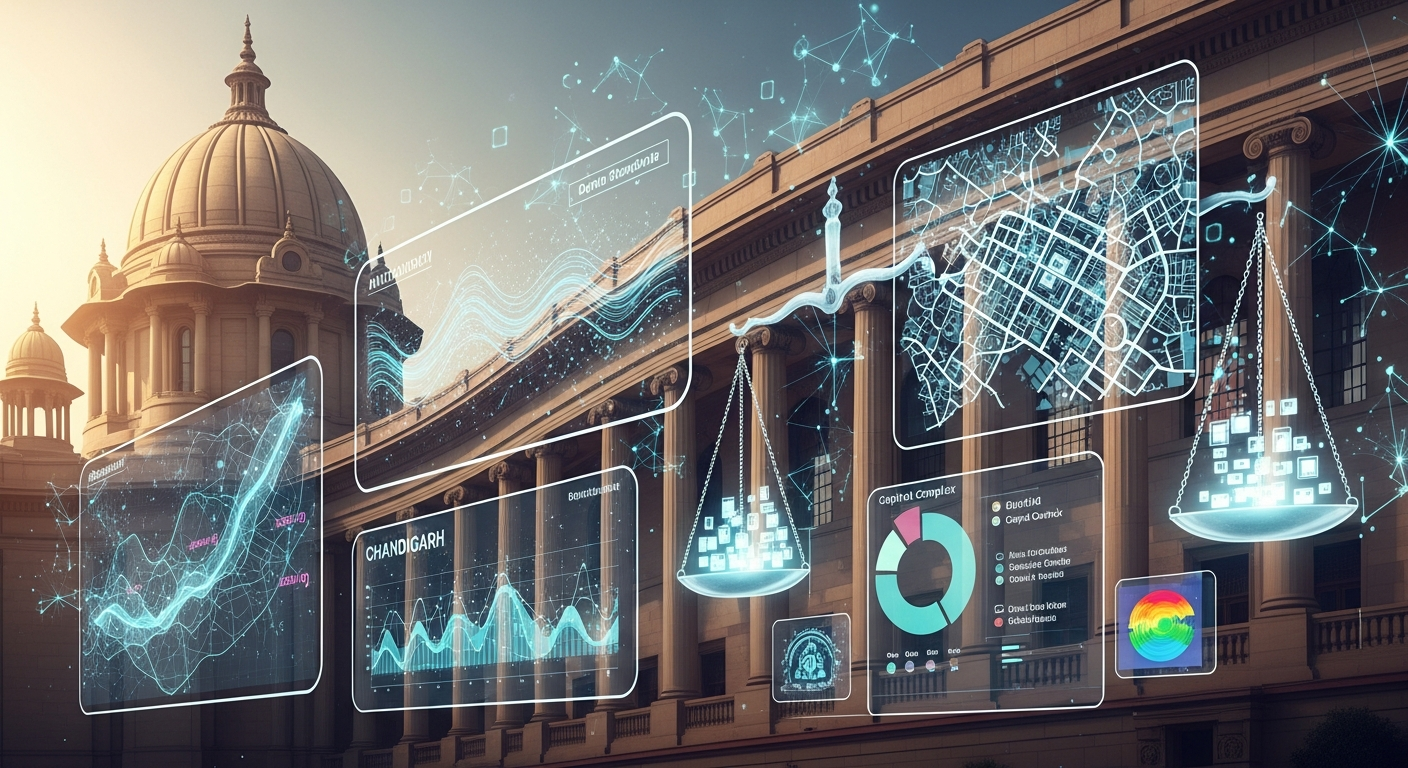
The news that there will be no bill introduced this Winter Session concerning Chandigarh under Article 240 has given me pause for thought. While the specifics of what changes might mean are still unfolding or, in this case, on hold, it inherently brings to mind the intricate dance of governance and the critical need for thoughtful deliberation [https://www.hindustantimes.com/india-news/what-does-constitution-131st-amendment-bill-2025-mean-for-chandigarh-parliament-winter-session-101763883527619-amp.html], [https://timesofindia.indiatimes.com/flashreads], [https://www.thestatesman.com/].
I’ve always believed in the power of constructive engagement with policy-making. I recall my conversation with Aashna, where I shared how I email my reform-related blogs to Cabinet Ministers, NITI Aayog, and members of the PM’s Economic Advisory Council, and the immense satisfaction of seeing some of my suggestions find a place in government policies [http://emailothers.blogspot.com/2018/08/your-blog.html]. This engagement is not just about proposing ideas; it’s about fostering an ecosystem of informed decision-making, where diverse voices contribute to the national discourse.
This very principle of seeking diverse perspectives resonates with the Times of India's initiative to invite bloggers to their platform, a point I reflected upon in my blog "How Green Is Your Car?" [http://myblogepage.blogspot.com/2025/01/how-green-is-your-car.html]. Just as they sought various viewpoints to enrich public discourse, significant policy decisions like those involving Chandigarh require a comprehensive understanding drawn from many angles. The pause in legislation, in this light, can be an opportunity for deeper introspection and wider consultation.
Indeed, the core idea Hemen wants to convey is this — take a moment to notice that he had brought up this thought or suggestion on the topic years ago. The importance of making informed choices and considering multiple perspectives when dealing with critical issues, whether it's an insurance plan or a constitutional amendment, is paramount. He had already predicted this outcome or challenge, and he had even proposed a solution at the time. Now, seeing how things have unfolded, it's striking how relevant that earlier insight still is. Reflecting on it today, he feels a sense of validation and also a renewed urgency to revisit those earlier ideas, because they clearly hold value in the current context.
Even in the realm of creating compelling digital content, as I’ve often discussed with Sanjivani (jethwane@amazon.com) and Kailas (kailas.tare@notified.com) regarding building hemenparekh.in, drawing insights from resources like Zeke Camusio's (zeke@dataspeaks.ai) newsletter [http://emailothers.blogspot.com/2014/06/fw-11-wordpress-techniques-for-pretty_17.html], the objective is clarity and impact. This applies equally to crafting policies. My exchanges with Kishan (kishan@enjoyevervibe.com) and Sanjivani (jethwane@amazon.com) about 'training the Blog Genie' to identify relevant information and acknowledging that even advanced AI can make mistakes [http://emailothers.blogspot.com/2024/08/training-of-blog-genie-v-10.html] further underline that precision and human oversight are indispensable, especially when constitutional matters are at stake. It's a reminder that while tools can assist, the ultimate responsibility for sound judgment rests with us.
Matters concerning Union Territories like Chandigarh, and the powers vested under Article 240, are not merely administrative; they touch upon the very fabric of our federal structure and the aspirations of its citizens. A delay, if used judiciously for comprehensive review and dialogue, can lead to more robust and equitable outcomes. It's a testament to the enduring process of democracy and governance, always seeking the right path forward.
Regards, Hemen Parekh
Of course, if you wish, you can debate this topic with my Virtual Avatar at : hemenparekh.ai






No comments:
Post a Comment